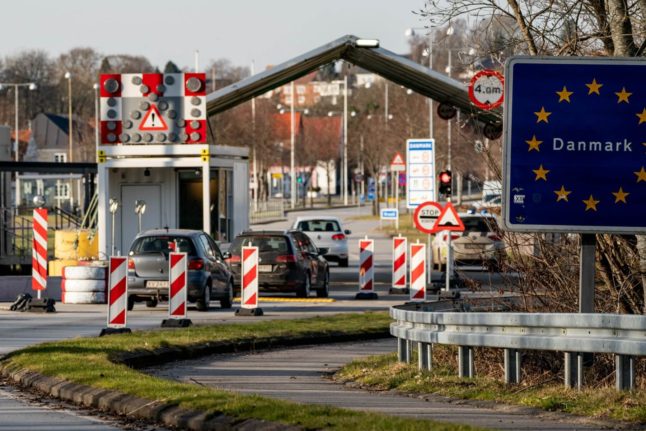Although Germany’s mobile communications companies regularly report progress in their network expansion, a recent survey has shown that mobile phone users still see network dead zones as a serious problem.
READ ALSO: German mobile networks improve coverage in signal ‘dead zones’
In a representative survey carried out by comparison portal Verivox, 53 percent of respondents said they had to deal with network failures or interrupted connections “often” or “very often”.
A majority of people said they were aggravated by poor connections on trains and motorways, with 62 percent of commuters reporting frequent network service interruptions.
Responding the results of the survey, Jens-Uwe Theumer, Vice President of Telecommunications at Verivox, said: “Traffic routes are the Achilles’ heel of the German mobile network. Even in 2022, many kilometres of the rail and road network routes still have gaps in coverage, especially in sparsely populated rural areas.”
By the end of 2022, 100mpbs downloads should be available via mobile phone networks along motorways and along busy rail traffic lines in Germany.
However, this deadline will not apply in places where mobile network providers are unable to obtain land for a cellular tower or are not allowed to erect one – for example, because of a nature reserve.
READ ALSO: ‘We’re running late on this’: Deutsche Bahn promises better Wifi on German trains by 2026
According to a paper published by the Federal Network Agency based on data from January, all three domestic network operators – Deutsche Telekom, Vodafone and Telefónica (O2) – have a long way to go with regard to network expansion along transport routes.
According to the report, the coverage range on autobahns lies between 93 and 99 percent, and only 90 to 96 percent of the routes on the most important federal highways. On railway routes, the coverage range is between 92 and 97 percent.



 Please whitelist us to continue reading.
Please whitelist us to continue reading.
Member comments